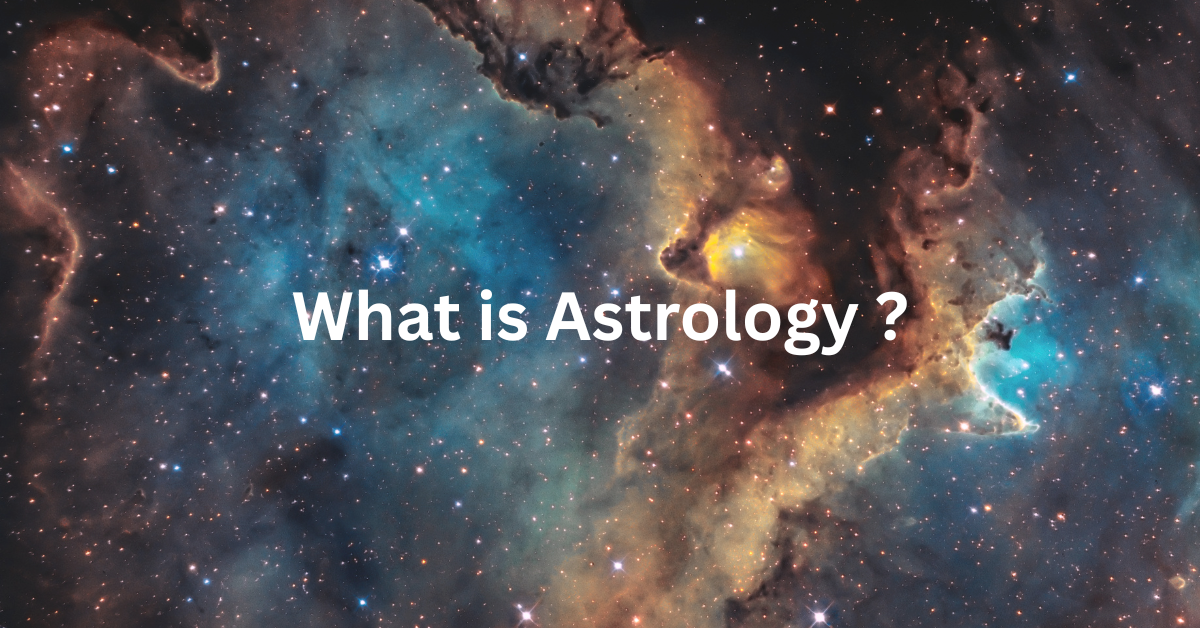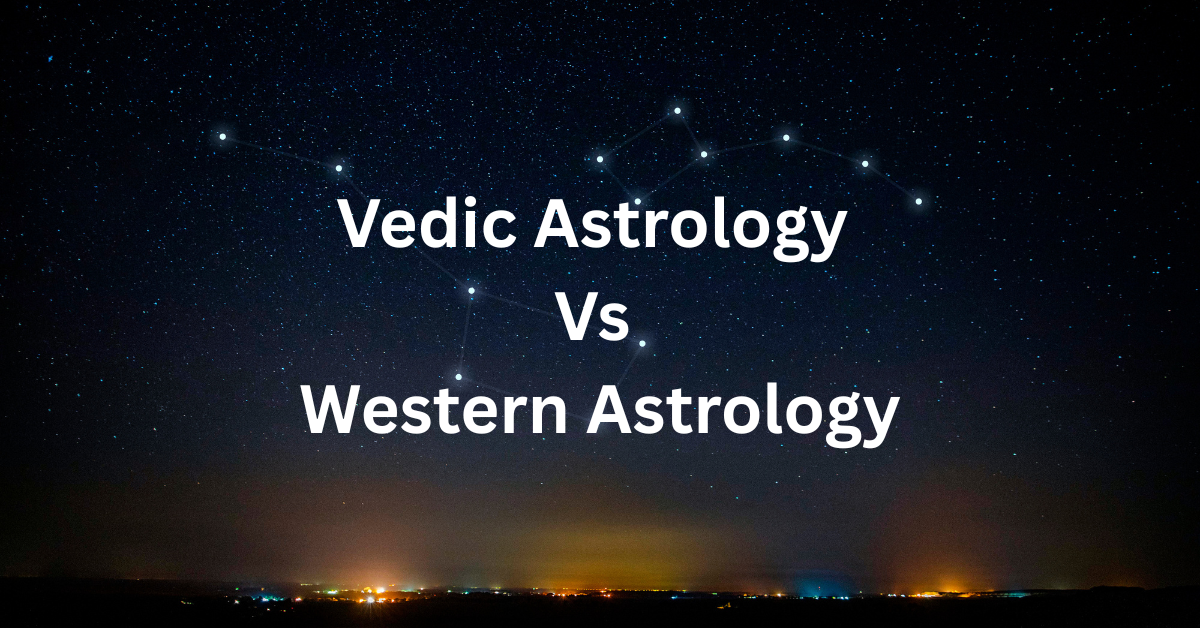If you’ve ever been curious about astrology but felt overwhelmed by its complexity, you’re not alone. Vedic Astrology, also known as Jyotish Shastra, offers a profound and ancient system to understand life, destiny, and the cosmos. In this beginner’s guide, we’ll explain what Vedic Astrology is, its origins, and why it continues to be relevant today.
What is Vedic Astrology?
Vedic Astrology is a traditional Hindu system of astrology that originated thousands of years ago in India. The word “Jyotish” translates to “science of light” or “knowledge of the stars.” It’s deeply connected to the Vedas, the oldest sacred texts of Hinduism, and focuses on how celestial bodies influence human life and the natural world.
Unlike Western astrology, which uses the tropical zodiac, Vedic Astrology uses the sidereal zodiac, which aligns with the actual constellations in the sky. This difference makes Vedic predictions unique and often considered more precise by its practitioners.
A Brief History of Vedic Astrology
Vedic Astrology dates back over 5,000 years and is mentioned in ancient scriptures such as the Rigveda and Atharvaveda. Early sages like Parashara and Varahamihira compiled vast astrological knowledge, forming the foundation of modern Jyotish.
The system was traditionally used to guide decisions about marriage, career, health, and auspicious timings for ceremonies (known as Muhurta). Today, it remains a vital part of Indian culture and is gaining popularity worldwide.
Key Principles of Vedic Astrology
1. The Zodiac Signs (Rashis)
Vedic Astrology has 12 zodiac signs, similar to Western astrology, but their positions are based on fixed stars.
2. The Planets (Grahas)
There are nine main planets in Jyotish: Sun, Moon, Mars, Mercury, Jupiter, Venus, Saturn, Rahu (North Node), and Ketu (South Node).
3. The Houses (Bhavas)
The birth chart is divided into 12 houses, each representing different areas of life, like relationships, career, and health.
4. Nakshatras (Lunar Mansions)
The zodiac is also divided into 27 Nakshatras, or lunar constellations, which add depth to personality and life events analysis.
Why Should Beginners Learn Vedic Astrology?
Vedic Astrology provides a holistic approach to understanding yourself and your life’s path. By studying your birth chart, you can:
- Gain clarity on your strengths and challenges
- Identify auspicious times for important events
- Understand karmic patterns and spiritual growth
- Make informed decisions about relationships, career, and health
How to Get Started
If you’re new to Vedic Astrology, start by obtaining your Janma Kundali (birth chart), which requires your birth date, time, and place. There are many online tools and apps that can generate this for free.
Next, explore the meanings of your zodiac sign, planetary positions, and Nakshatra to gain insight into your personality and life trends. Consider reading beginner books or taking online courses to deepen your understanding.
Conclusion
Vedic Astrology is much more than star gazing , it’s an ancient science that offers wisdom about your life’s journey. Whether you seek guidance, self-awareness, or spiritual growth, Jyotish can be a powerful tool for you. Start your journey today and discover the secrets the stars hold about your destiny.


